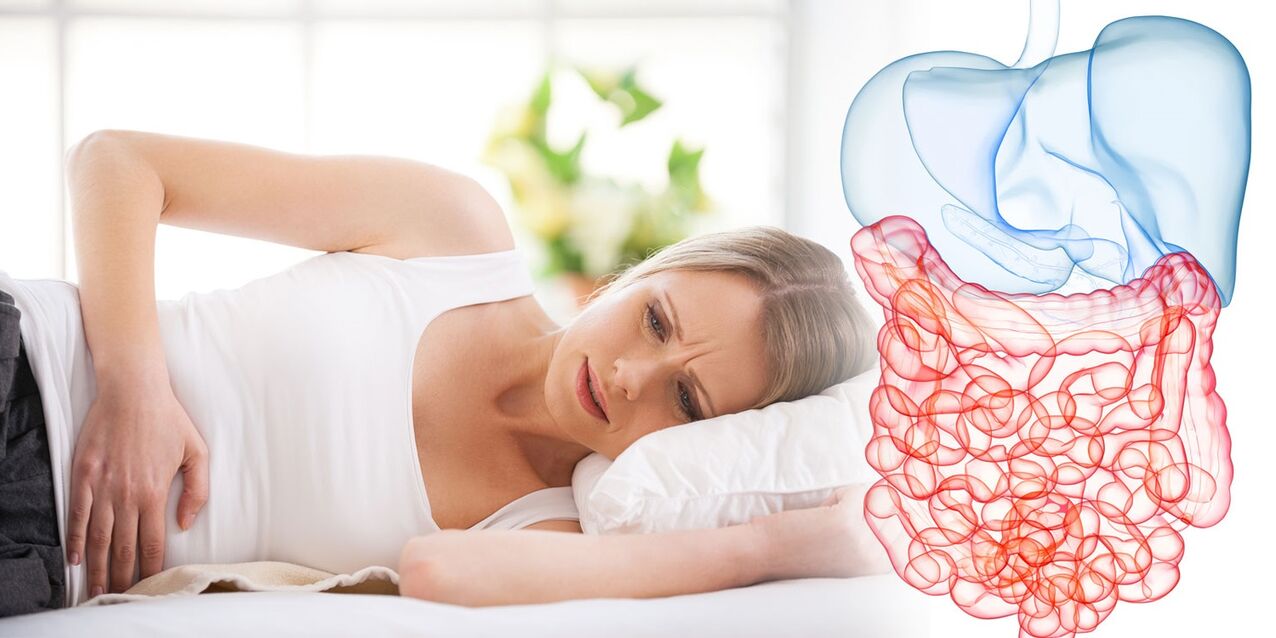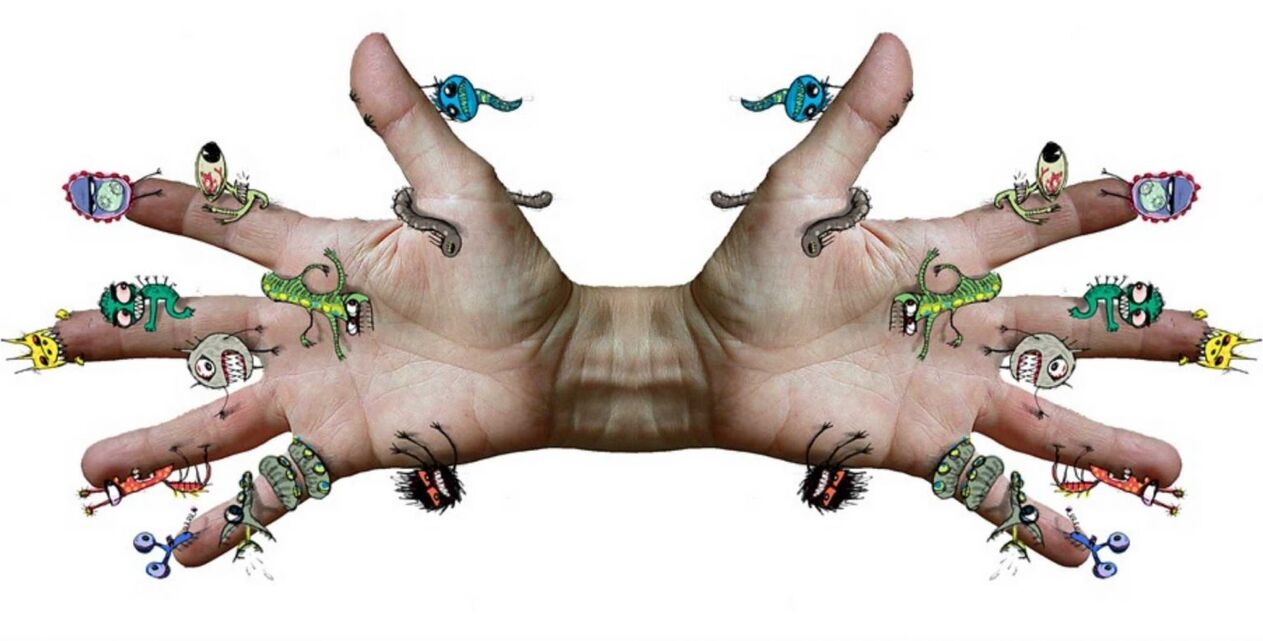Humans consume food products to replenish stored energy for life activities. But you can imagine that a person often becomes a great target for the simplest living things. Uninvited "tenants" can permanently use the owner as a living vessel, providing food, shelter and comfortable conditions. If the parasites have settled in the human body, the symptoms of infection can easily be confused with the signs of some diseases, such as colds, gastritis, pneumonia, etc. v.
The most common symptoms of parasitic diseases
Parasitic life forms survive and thrive at the expense of man, while irreparable damage is inflicted on his health, for the lion's share of nutrients and vitamins goes to "occupants" humbly hides in one of the internal organs: intestines, lungs. , heart, liver, joints, etc. v. The devastating impact depends on the length of stay and the "appetite" of the migrants; It is believed that parasites are at the root of diseases such as diabetes, pancreatitis, bronchial asthma, cholecystitis and atopic dermatitis.

Symptoms of the presence of parasites in the human body:
- disorders of the gastrointestinal tract (constipation, flatulence, diarrhea, irritable bowel syndrome, localized pain in the stomach);
- endocrine system disorders (weight fluctuations, underweight or overweight, hormonal imbalance);
- dental disease (stomatitis, periodontal disease);
- problems related to the work of the musculoskeletal system (arthralgia, musculoskeletal, arthritis);
- neurological disorders (irritability, insomnia, unprovoked anxiety, depressive states);
- allergic reactions and related skin problems (increased levels of eosinophils, immunoglobulin E, allergic rhinitis, eczema, urticaria, papillomas, dermatitis);
- respiratory diseases (bronchial asthma, pneumonia);
- violation of hematopoiesis, decreased vascular permeability, anemia (severe decrease in hemoglobin);
- chronic fatigue and decreased immunity (frequent mild ARVI, tonsillitis, lethargy, low blood pressure, weakness and poor memory);
- cancer;
- cosmetic problems (cracked heels, dry skin, brittle nails, gray hair, seborrhea, baldness);
- gynecological and urological diseases (in women: irregular menstruation, discharge, vaginal candidiasis, fibroids, mastoid disease; and in men: prostatitis, urolithiasis);
- teeth grinding (bruxism), snoring.
Even knowing the signs of the presence of parasites in the human body, it is difficult to diagnose parasites without adequate examination (three scrapes and blood tests). Symptoms of the infestation of parasites are a consequence of the intense activity of the "guest", when a person is intoxicated with helminthic waste, the damaged organs are chronically irritated and the systemThe immune system is no longer able to fight off disease. no.

Features of the parasitic process in children
Children, unlike adults, are more likely to encounter parasitic infestations in their daily lives. Most often, infection occurs while walking (after contact with sand or soil), from close contact with sick animals, or swimming in an open body of water. Often, the signs of parasites in children are difficult to identify, the initial infection process and the penetration of helminths occur unrecognizably. Gradually, the amount of toxins in the blood increases, the child's body is poisoned with the waste products of helminths, manifested in the form of reduced immunity and permanent diseases, allergies of unknown origin, biological disorders, body exhaustion.
The following indirect symptoms of parasites in children can be distinguished:
- poor appetite or, conversely, gluttony, passion for sweets;
- frequent headaches with nausea;
- fatigue quickly emerges;
- lack of daily bowel movements (constipation);
- vomiting, belching, bad breath;
- paleness of the skin, "blue" under the eyes;
- irritable, aggressive, whimsical;
- hyperactivity, especially in the evening;
- poor night sleep (intermittent), associated with restlessness, groaning, bruxism;
- irritation or redness in the genital area.
Symptoms of a protozoan infection should be used as a "marker" for a complete examination. Timely and professional diagnosis allows you to completely cure a parasitic infection with minimal damage to the health of the body.






































